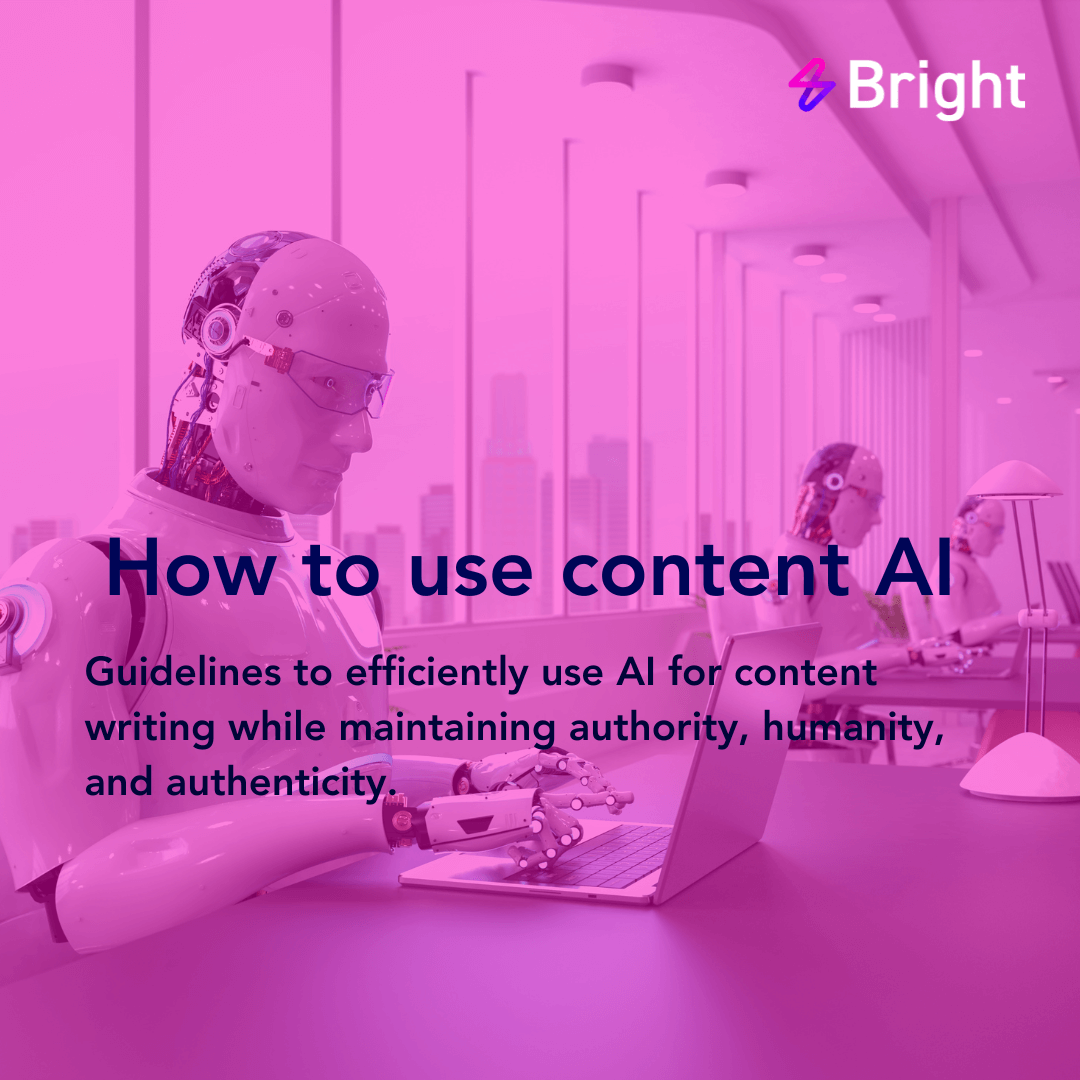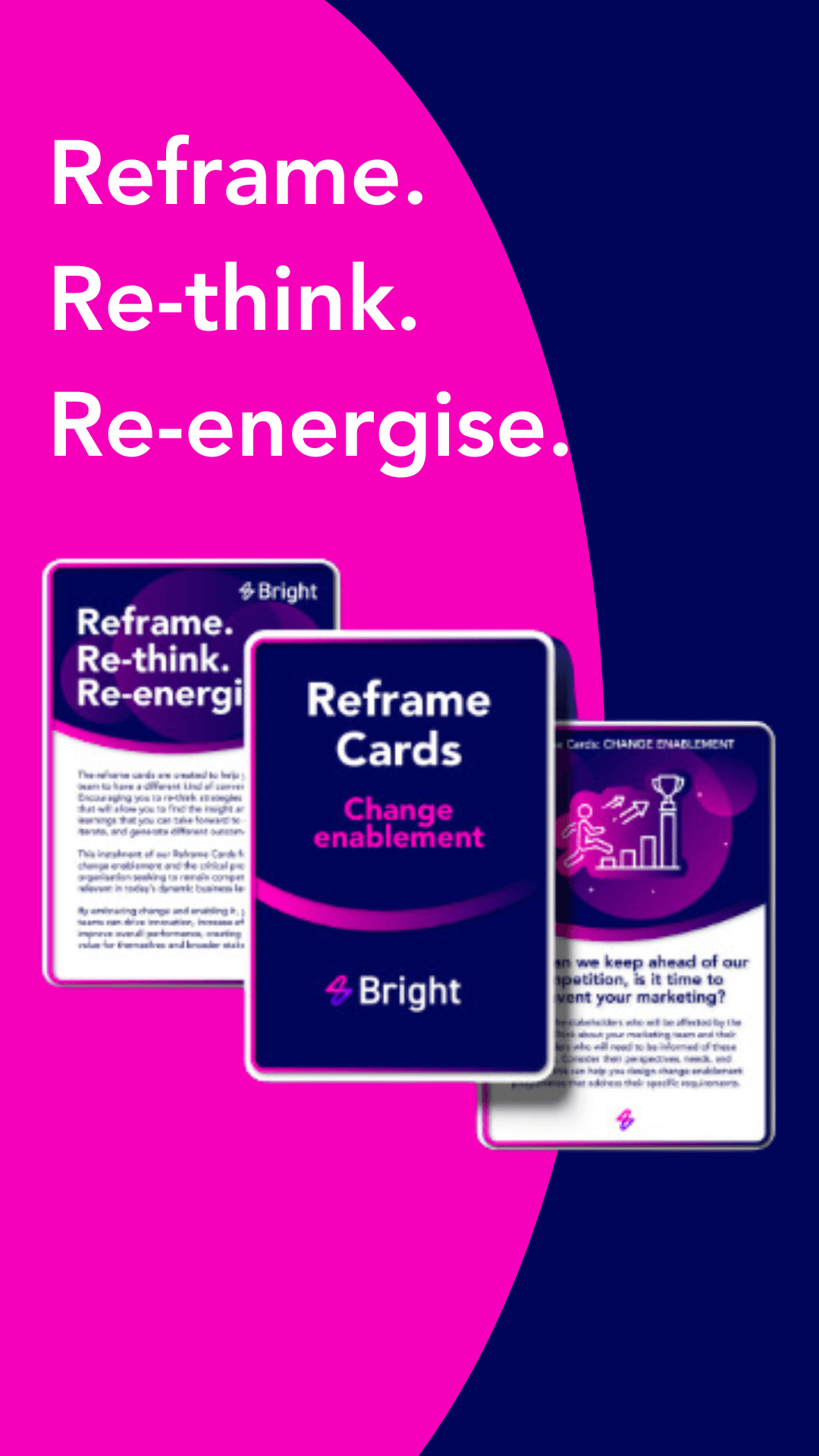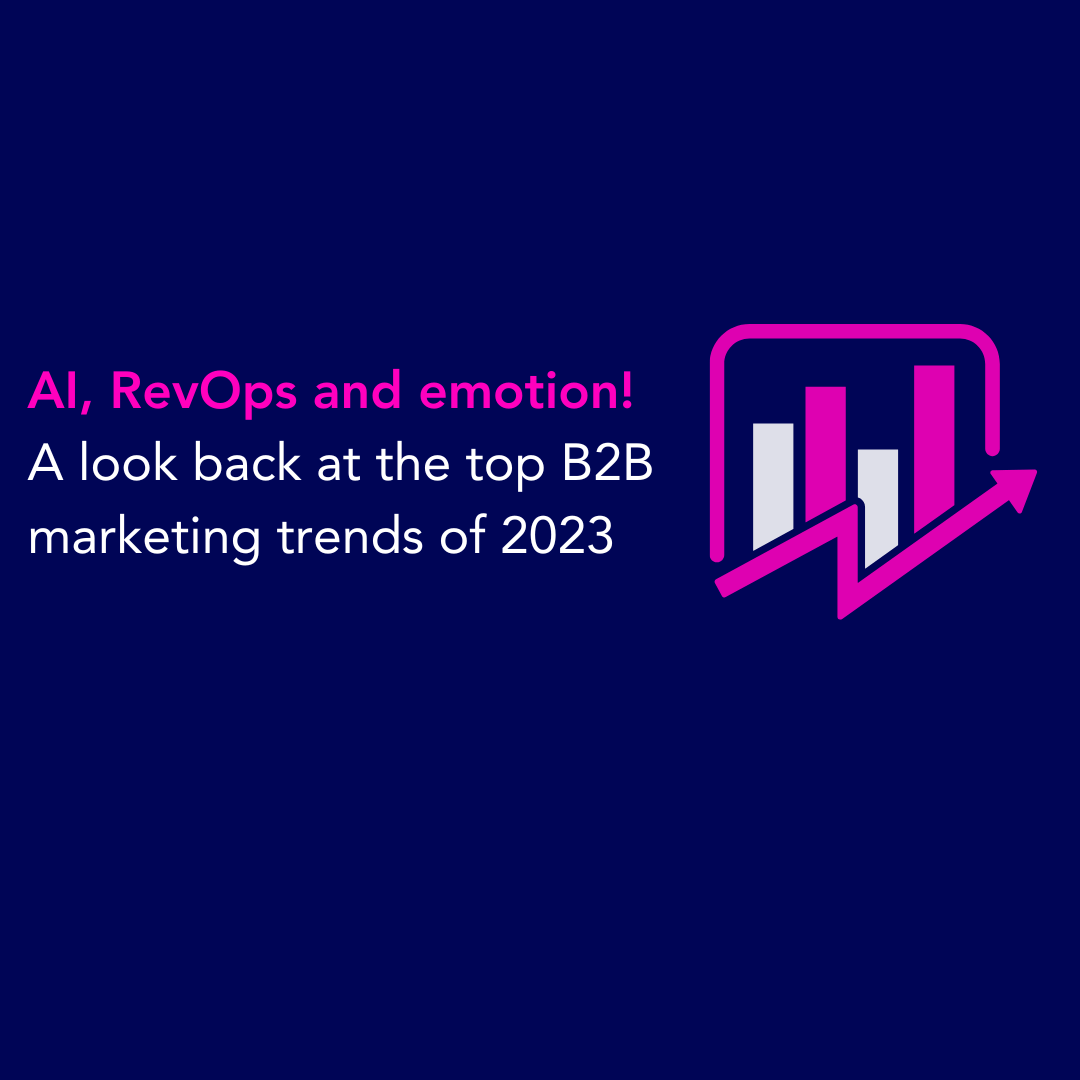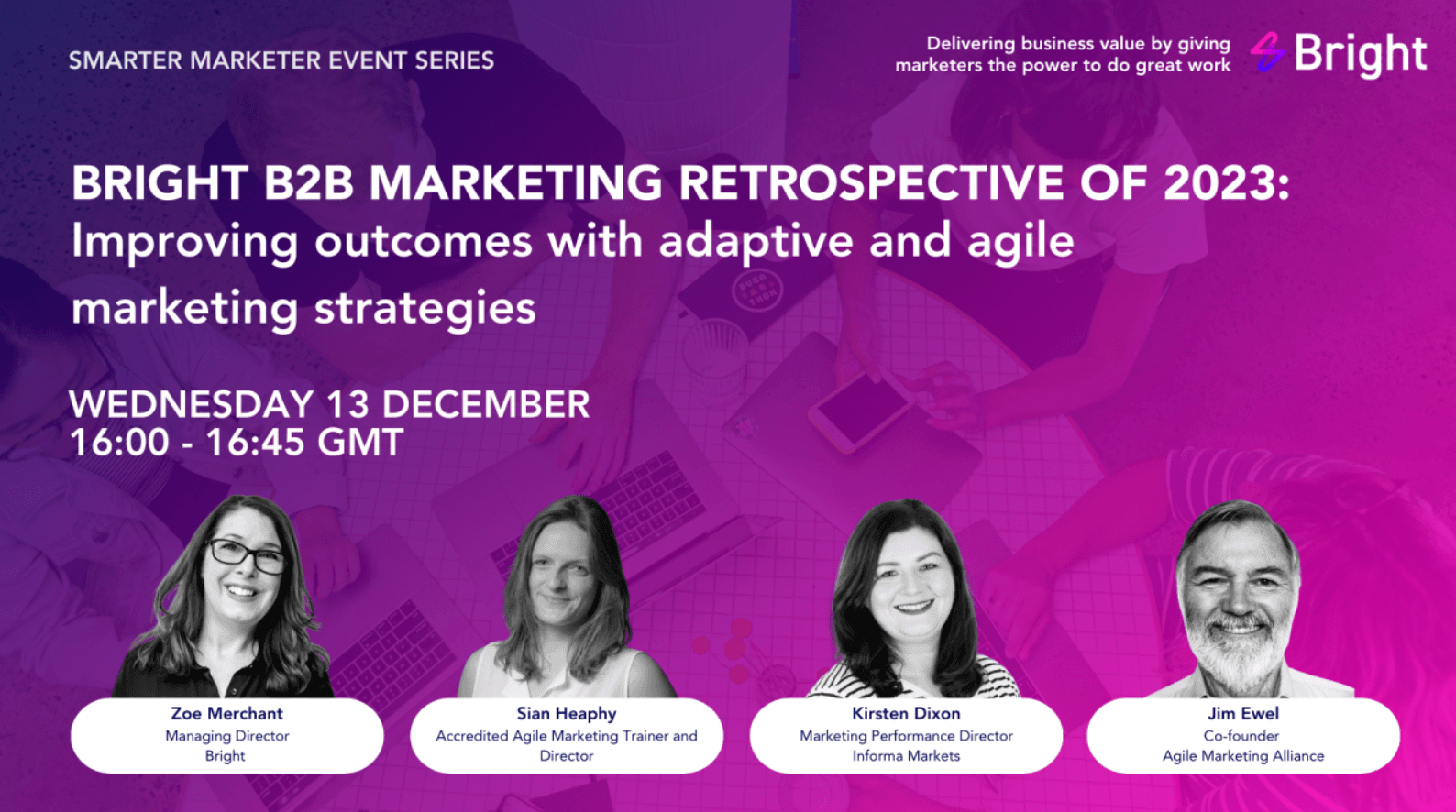If you are someone who writes content for a living, you may have entered 2023 a little worried about your job following the launch of ChatGPT in late November 2022. There’s no denying that on first trying out the tool, it was impressive just how quickly it could write something that was clear, well-structured and seemingly accurate. But by the third or fourth go, you quickly realised that it all looked and sounded the same, and it was glaringly obvious when someone had copied and pasted straight out of it. Content writers everywhere breathed an audible sigh of relief. The robots haven’t replaced us just yet!
However, it’s exciting to explore how we can achieve productivity gains and access these vast knowledge banks to lift our own content, striking the balance between AI and human capabilities. Here are our guidelines on how to get the best out of content AI tools while still sounding “human”, authoritative and authentic.
Your research helper
Use ChatGPT or other content AI to help you research your topic and develop your key points for your piece, alongside your other previous research methods. It can also be used to research clients, client prospects, the state of the industry and so on. But asking the right questions is critical and you should never accept the first response you receive. So much so that some companies are now hiring “prompt engineers” with expertise in this area. You must keep refining your prompts to get higher quality responses and reach the level of depth you require.
Note that ChatGPT has limited knowledge of events after a certain date and nobody seems to be clear when that date is according to a recent article by ZDNet. You may need to stick with traditional research methods if it’s recent events you’re interested in. Take an agile approach to testing what research methods work best to produce an outline which is comprehensive and accurate.
Creating personas
Open AI has given ChatGPT a carefully chosen tone of voice which is designed to appeal to the majority and is best described as neutral and professional, i.e. a bit generic and boring. However, you can train ChatGPT to create content that reflects your organisation’s unique style, vocabulary and tone of voice.
To do this, you need to create a training dataset which consists of a range of content examples that reflect your organisation’s tone of voice. This should include blogs, social media posts, articles and client-facing emails and cover a variety of topics.
If you produce content for multiple organisations, you can create different ChatGPT personas for each organisation which reflect their individual writing style. Building on an agile approach, you could set up different personas for an organisation to help test different styles and see which achieves the most engagement.
Need for speed
Like the famous racing game series, the pressure to increase efficiency and speed impacts us all. Content AI can absolutely help you to write and produce content much faster than previously, by speeding up the phase that takes the most time — researching and planning your piece. This can allow you to focus on the tasks that require more creativity and innovation.
Be careful though, ChatGPT isn’t perfect and can sometimes generate inaccurate information. It’s only as good as the data it’s trained on and as with all things, fact-checking and a good pinch of common sense is required.
Overcoming writer’s block
Sometimes getting started is the hardest thing when it comes to writing and we all suffer from writer’s block from time-to-time. Asking content AI what it thinks about a certain subject can be enough to kick-start the creative juices. Once they start flowing again, it’s time to step away from the AI.
Run a pilot
We always recommend taking an agile approach and running a pilot to test and learn before deciding which content AI to adopt within your organisation. This provides the opportunity to demonstrate to leadership how the tool can help improve your team’s productivity without compromising on quality. As with all AI, privacy and security should be a key consideration. Leaders need to ensure guardrails are in place for their teams to be able to test and adopt AI solutions safely. This agile approach enables you to test and learn then quickly scale where value is demonstrated.
Human’s rule
ChatGPT and other content AI are still powerful tools and can speed up the content writing process, but they cannot replace human creativity, intuition and empathy. It’s essential to strike a balance between AI and human capabilities to achieve the best outcomes. Any piece of content should always reflect your organisation or client’s tone of voice to ensure it remains consistent and authentic.
Content AI can’t compete with your insider knowledge about your market and your audiences. Always remember you are the expert in your area!
Get in touch to find out how Bright can help you harness agile marketing to deliver your marketing strategy in 2024.
Resources/reading list:










